Where I'm From
Origins, identities, and an inescapable question.
This article is part of my advice pages. I wrote it in my personal time, and any opinions are mine.
Read This First
People often ask me where I am from. Many people see my given name Shomir, my family name Wilson, my physical apperance, and my dialect of English as inconsistent or enigmatic. I'm happy to share how I think about those topics, especially if I can help other people navigate their complex origins, identity, and heritage. I had difficulty with those questions for a long time, and I have more answers now than I once did, though I don't have all of them.
I especially welcome readers who are frequently asked where they are from, who aren't asked that but want to know how to broach the topic with someone they meet, and who want to support people receiving unwanted attention for their identities. Throughout this article I describe my personal experiences, from early childhood through the present day. Some of those experiences contain stereotypes, violence, and language that may be upsetting.
Contents
These days my friends don't seem to know me without my suitcase in my hand, and when I'm standing still I seem to disappear... When people ask me where I come from, to see what that says about a man, I only end up giving bad directions that never lead them there at all.
— Taylor Goldsmith
I am a brother to dragons, and a companion to owls. My skin is black upon me, and my bones are burned with heat.
— Job 30:29-30, King James Bible
Chronicle
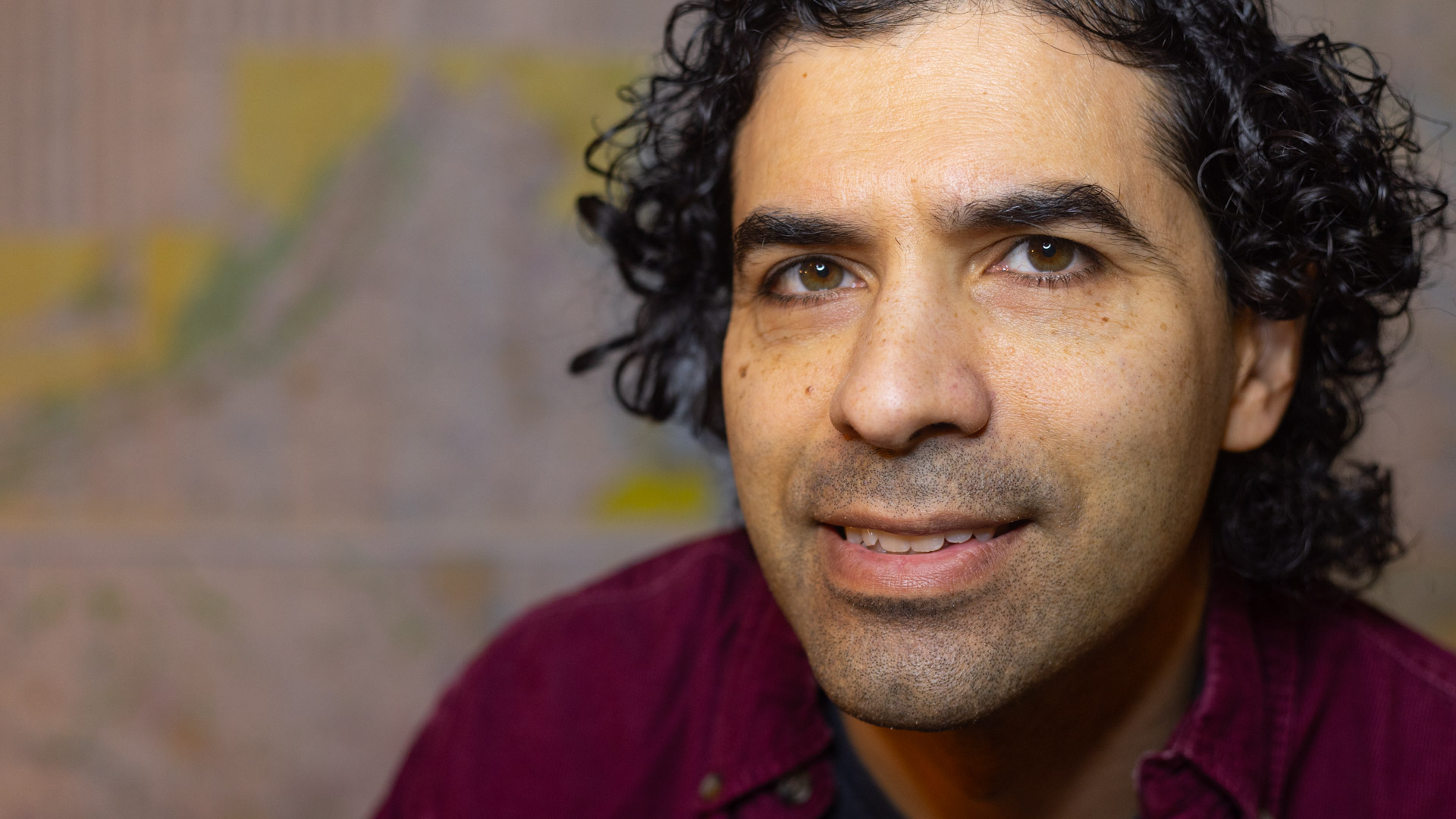
My first name, Shomir, reflects my heritage from India. My mother immigrated to the USA from West Bengal, where her ancestors lived as far back as I am aware. My last name, Wilson, reflects my American and mixed European heritage. My father's family had been in the USA for several generations, especially in West Virginia and Virginia. My longest ago ancestor that I can locate is Archelaus Wilson, born around 1700 in County Tyrone, Northern Ireland. He immigrated to the US with three sons who spread out across the mid-Atlantic British colonies. I also have distant ancestral roots in England, Scotland, France, Germany, and the Netherlands. I have less information about my Indian ancestry.
I was born in Ohio, though soon afterward my family moved to Pennsylvania. I was too young to remember either of those times. We moved to Connecticut next, and my earliest memories come from there. After that we moved to Virginia, where I lived most of my childhood. I was in college for five years at a university in Virginia, and I was in graduate school for six years at a university in Maryland and near Washington, DC. During graduate school I spent a winter living in Australia and a summer living in Singapore, both as a visiting researcher at universities there.
When I was a young child, at a reunion for the American side of my family, the topic of my Indian heritage came up. I had said nothing, but an elderly relative turned to me and said emphatically: "You may not think you have a lot in common with us, but you do." She looked at me for a long time, apparently wanting the message to sink in. I had thought I shared a lot in common with my American relatives; I barely knew my Indian relatives. I tried to smile, but I felt embarrassed and confused.
In elementary school, teachers and peers asked me where I was from. When I answered "Ohio", they seemed puzzled. I assumed I had answered the question incorrectly, and I began answering "India" instead. People seemed more satisfied. I continued using that answer through most of elementary school and middle school.
As a child, while riding my bicycle around my neighborhood, I passed by a yard where two siblings were playing. I overheard the girl, a few years older than me, explain to her younger brother that I was one of the "bad people" and he should never play with "people who look like that".
Several months later, during winter, my family's car got stuck in the snow on our street. Another car pulled over. I saw the same siblings look at me from the back seat, expressionless as their father stepped out and helped us dig out our car.
I held postdoc positions for two years at a university in Pennsylvania, then for one year in Scotland, and then back to Pennsylvania again for two years. My first faculty position was in Ohio, where I lived two years, and my second faculty position was in Pennsylvania. As of writing this, I've lived in Pennsylvania for the past six and a half years.
I am from Ohio in the sense that I was born there, though later in life I lived there a second time. I am from Virginia in the sense that I grew up there. I am from Pennsylvania in the sense that I currently live there, although I also lived there three times previously. I wouldn't say I'm from any of the other places I've lived, though I have significant memories from them. I also wouldn't say that I'm from India or Europe, but I have Indian and European heritage: my ancestors lived in those places and I inherit fragments of their cultures and aspects of their physical appearances.
Notably, saying that I'm from somewhere doesn't deny that I could be from somewhere else in a different sense. If that's puzzling, think about other ways people describe themselves. I might mention that I am a photographer in my spare time without implying it's my only interest. Similarly, I can say that a goal or idea matters to me without implying that others don't.
It's difficult to summarize how I feel about each of the US states that I'm from, but some memories stand out. The things I associate with Ohio don't come from living there when I was an infant. Instead, from childhood well into my adult life, my Wilson family gathered annually on Christmas Day at my paternal grandparents' house in a small town in the northeast part of the state. My father came from a large family, and many of my uncles, aunts, cousins, and distant relatives would join us there. I think about those gatherings, the house and its expansive yard, and the land: a glaciated mix of forests, farms, and small towns. Much later I would return to Ohio for two years as faculty, but then I lived in a large city in a different corner of the state.
Virginia was nearly all of my childhood. My family lived in a suburb at the boundary between Northern Virginia, with its connotations of urbanism, traffic, and high-paying jobs, and Central Virginia, with the farms, culture, and history associated with The South. I lived there during a period of rapid population growth, and the newness of the built environment—houses, shopping centers, roads—was something I didn't realize until I lived in other places. My family's house was in a neighborhood that had just been built, and perhaps because of that there were many children my age. Together we rode our bikes, climbed trees, explored forests, and played in creeks. Along with those natural environments I think about a climate with four seasons, but especially the hot, humid summers and the cold winters with snow and ice storms.
My associations with Pennsylvania are more complex than Ohio or Virginia. Until I lived in Pennsylvania the second time—as a postdoc, not a toddler—my impressions of the state were wintery: grimy snow, salty roads, bare trees, and gray sky. Those images came from crossing the state annually in December, in between home in Virginia and my Wilson grandparents in Ohio. The highways we drove on represented Pennsylvania as an empty, forested place where people rarely stopped to get out of their cars. Much later I would live in a major city in Pennsylvania to be a postdoc, and then I would learn to appreciate and understand living in cities. I left but soon returned to be a postdoc again, in mounting frustration with the academic job market. After that I left but returned for my fourth stay, the longest by far, to be a professor at a large university in a small college town. Now I associate Pennsylvania with rolling mountain ridges, small towns in valleys, and Pennsylvania Dutch culture, but also Rust Belt cities, their storied histories, and their changing identities.
Sometimes upon hearing that I went to graduate school in Maryland people assume that I am from Maryland. However, it's common for people to move significant distances to earn PhDs. I associate Maryland with the college town that I lived in, which was an underwhelming place then, but also the rural landscape and nature of the Chesapeake Bay and the Eastern Shore, where I would go on wandering drives when I needed a break from my work.
When I was a graduate student, I met with a professor who read my name aloud and remarked: "With a first name like that, you must be. . . Israeli?" (On several occasions people have told me that my name means "protector" in Hebrew.)
When I was a postdoc, during a conversation among two faculty and me, one said aside to the other that they weren't going to hire any of "those Indian masters students". They shared a laugh.
When I visit India I go chiefly as a visitor, not someone returning home. Through repeated visits I've become more comfortable there, but I don't speak any Indian languages. I've spent time with my family there and traveled across the country for sightseeing. These trips have been several years apart, and every time I notice changes that correspond with India's economic development. Since I grew up in the USA, I associate India with my origins in a theoretical sense more than in an experential way.
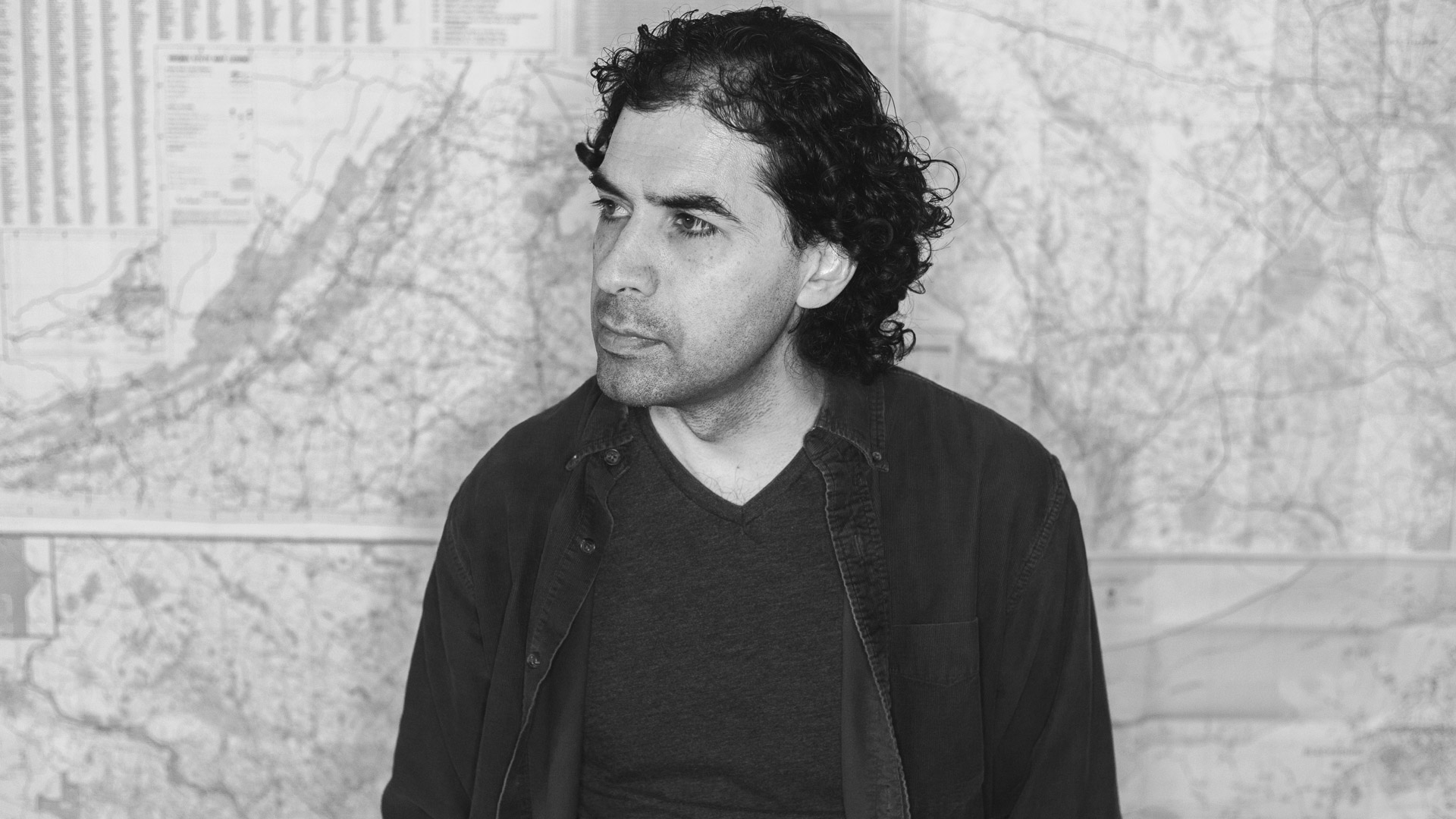
Because of my name or my physical appearance, people have mistakenly assumed I am from Mexico, Brazil, Italy, Malta, Egypt, Israel, Palestine, Iran, Bangladesh, Australia, and several other places. Occasionally people who make those mistakes see me as a threat to their safety or their values. More often, however, people from those places assume we share a common origin and begin a friendly conversation with me.
Briefly in college I had a goatee. A few months after 9/11, I overheard one of my friends tell another that I "really [did] look like a terrorist". Soon afterward I shaved the goatee.
One summer during graduate school, my girlfriend and I were on a road trip in Louisiana. We stopped at a public park along the Mississippi River and walked across the park to the levee. Along the way, a man saw us and asked me: "Are you a terrorist?"
Reflexively, I said "No."
"Okay," he replied.
My girlfriend and I kept walking.
As a professor traveling for a conference, while I walked through a crowded train station in Turin, Italy, a police officer stopped me and asked to see my ID. Three other officers with him silently spread out to encircle around us. I handed over my passport, and the officer looked at it for a few minutes before handing it back to me and signaling wordlessly that I was free to go. I spent two hours in that station, but I saw no one else confronted. That was the only time during that trip that I saw an assembly of four police officers confronting a single person.
I'm an American because I've lived in the USA nearly my entire life. My cultural identity largely comes from the USA, and especially from the mid-Atlantic region. I'm also an Indian and a Bengali because of my mother's heritage, even though I'm not from India or Bengal.
As a professor, I attended a reception at a large international conference. A graduate student asked me: "Where are you from?"
"The US," I said.
She persisted: "No, where are you really from?"
At an international conference, a professor who was an Indian citizen and based at a university in the USA spoke to me about problems with her residency status. She said she assumed I experienced the same obstacles. I clarified that I'm an American citizen.
I am both a white person and a person of color. To me, those terms are less about personal identity and more about how people see me. Sometimes white people think of me as one of them, and sometimes they don't. Similarly, sometimes people of color think of me as one of them, and sometimes they don't. The differences are most noticable when I first meet someone who knows very little about me. I observe subtle signs in conversation, although those signs tend to disappear when people get to know me. I generally speak like someone who grew up in the mid-Atlantic USA, and culturally I'm a mid-Atlantic American with above average familiarity with India. American English was my first language, and I know only a few Bengali words.
(Note that Black and person of color are different. Person of color simply means not white, and it includes people from many different backgrounds. Black people are also people of color, but I am not Black.)
Early in graduate school, I went for an evening walk in a nearby shopping mall. It was almost Christmas, and I noticed that the mall had a Black Santa. I suddenly realized that most of the mall patrons were Black. I thought: I'm one of the few white people here.
But then I wondered: Am I white?
As I walked down a street in a major city, I passed a pair of Black men talking. One of them paused the conversation to nod to me and say: "What's up, Black brother?"
I said "Hi!" and kept walking. He misidentified me, but I felt honored.
In high school, I attended a debate tournament held at a university. I saw a young man walking across campus who, I assumed by his appearance, was from South Asia. I stared at him, marveling at how much he looked like me compared to everyone else I had ever met. He noticed my stare and said hello as he passed.
During much of my childhood, I was confused by these aspects of my identity and what people expected of me. I had very little contact with other Indians my age, or more broadly, with other children of immigrants. My high school graduating class was mostly non-Hispanic white, with some Black students and a few Hispanic students. I wasn't aware of anyone else in my class who had Asian parentage.
In middle school, a group of my peers decided to refer me to using a derogatory phrase for African people. The epithet persisted for over a year.
In middle school, a student in my grade asked: "You're Indian, right?"
I said yes.
He made an "ooh-ooh-ooh" sound by clapping his hand repeatedly over his open mouth, producing a stereotypical Native American war cry.
In middle school, a student in my grade yelled at me: "Go back to Mexico!"
On a different occasion, a student said I was an illegal immigrant and laughed.
Some of my peers were also confused by my identity, and they bullied me about it in middle school and early high school. The bullying was verbal and physical, and it happened in school hallways, during gym, during lunch, and occasionally during class. Twice I asked authority figures for help against specific bullies, once by wordlessly handing a teacher a letter I had written and once by speaking with the principal. Both times the aggressors stopped for a few weeks and then continued. I recall thinking that I could ask for help again, but it was like a prescription refill that drew an uncomfortable amount of attention to myself. I concluded that school employees didn't have the ability to improve my situation.
Over time, the reasons for the bullying grew beyond my background to include rumors that I was gay. (I've always identifed as a straight, cisgendered male.) These provocations amplified each other, and the rumors about my sexuality escalated the physical violence. Once a student punched me and pushed my head into a wall so hard that afterward I had to hide in a bathroom stall to catch my breath and cry from the pain; I found the scab on my scalp a few days later. Another time a fellow student tried to beat me up, but in a provocative way, by running into me repeatedly without using his arms. I think he wanted me to defend myself with my hands, so he could accuse me of hitting him. Instead I dodged and turned to soften the blows. Several spectators our age stood around us, laughing. A few years prior, one of them had been my best friend.
In high school, I briefly had a classmate whose family was from Pakistan. He was the only other person of South Asian ancestry in my classes, and some of my peers immediately assumed we were friends. I sensed our teacher thought the same. We got along fine, but we didn't have many opportunities to talk. A year later he moved to a different high school.
A high school teacher asked if I was Indian. I explained that I was born in the USA, but one of my parents was from India. He asked me to confirm that I was Indian, and I said yes. He then asked: "What if your karma eats your dogma?" When I didn't laugh, he emphasized it was "just a joke".
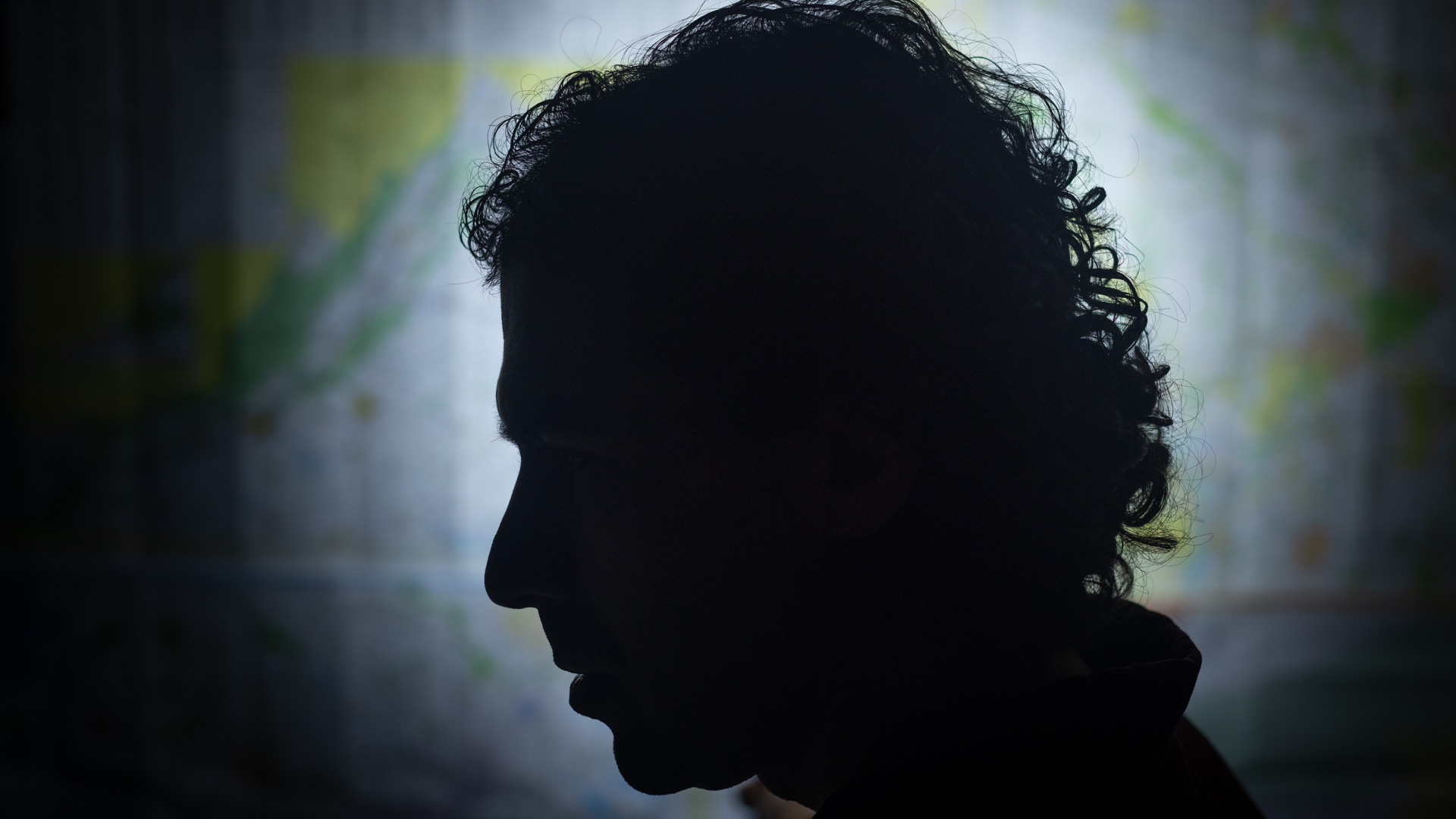
Identity and origins were an awkward, difficult topic during my young adulthood. What made things better?
The improvement started during high school, especially in my junior and senior years. Greater choice in classes meant that I spent less time with the worst of the bullies, and their attention went elsewhere. Activities like the debate team gave me self-confidence, which made me a less attractive target for aggression. However, the bullying cast a long shadow on my emotional development, and in college I still noticed defensive behaviors that I wished I hadn’t picked up. Being thick-skinned was unhelpful when I needed to get along with people and pick up on subtle interpersonal signals. My greatest regrets in college come from not being able to form stronger relationships with my peers.
In college, shortly after 9/11, an anonymous online account sent me a message describing me as a "Hindu-ass freak". (I am not a Hindu.)
In college, I was waiting for an elevator in the library. A man walked up to me, looked at me with intense curiosity, and asked: "Oh my, tell me, where are you from?"
"Ohio," I said bluntly.
"Oh," he replied, deflated. "I guess it doesn't matter where any of us are from." He walked away.
An employee at a supermarket asked me, "Hey, are you from Brazil?" I said no. He said that I looked just like a man he knew from Brazil, and that it was a place where people danced like monkeys and juggled fruit.
However, in college I had more options for whom I spent time with, and I found peers whom I could relate to in various ways. A few were Indians who grew up in America, and we compared our experiences of feeling obligated to know more about Indian culture while not feeling like a part of it. Importantly, in my college residential community (Hillcrest) I found people with whom I shared intellectual interests, a desire to achieve big things, and a want to explore the world. That community set me on the path toward feeling comfortable with myself, though it would take many more years.
Finding identity as an academic and ultimately a professor helped. Major universities attract people from across the country and around the world, which makes my otherness less distinctive. The international conferences I attend are even more cosmpolitian; among attendees, without my conference badge, I could be from nearly anywhere. However, academia was (and to an extent remains) a personal gamble: it's been a difficult career path, and it sometimes treats people very badly. I often think of comparisons between academia and showbusiness or professional sports, although in those professions the odds of success are likely even lower.
When I was traveling to interview for a faculty position, a woman staffing the hotel reception desk asked me: "Why is your last name 'Wilson'?"
I replied, "Why not?"
"Good answer," she said. She smiled and returned to typing on her computer. Later, she continued: "Let me guess: American father."
"Yes," I replied.
"Aha!" She seemed satisfied.
"My mother is an American, too."
She looked up, puzzled. "Okay, I'm not going to touch that one."
A contractor visited our house (belonging to my wife and me) to give us a quote to repair the chimney. He asked how many languages I speak.
I said maybe one and a half.
He ventured to guess that I wasn't born in the US. I said I was born in the US.
He said I looked like I was from somewhere else, like the Middle East, and he mentioned the nearby university's large population of foreign students.
Late one evening, when my wife and I checked in at a hotel, the clerk scolded me for not greeting him in a language other than English that he assumed that he and I shared. I didn't know what it was. He then said I looked nervous, and he asked why. I told him I was tired and wanted my room. He repeated that I looked nervous, and emphasized at length that I was "safe [there]". It took a long time to get our room key.
In some ways I traded investments of time and hard work for success, but I am also immensely lucky. At the time I'm writing this, I work as a professor at a major university. The term dream job has unrealistic connotations, but this might be as close as I come to it. I get fulfillment from teaching, creating knowledge through research, mentoring students, and working at an institution that serves the public good. As part of my work, I've given invited talks and appeared in national and international media. I've visited dozens of countries across six continents, and I've lived on four of those continents. My years have been dense with meaning, even if I couldn't always know that while living them, and I try to share as much of the meaning as I can for the benefit of others. Problems still exist, but they're easier to navigate with the sense of identity that I've accumulated.
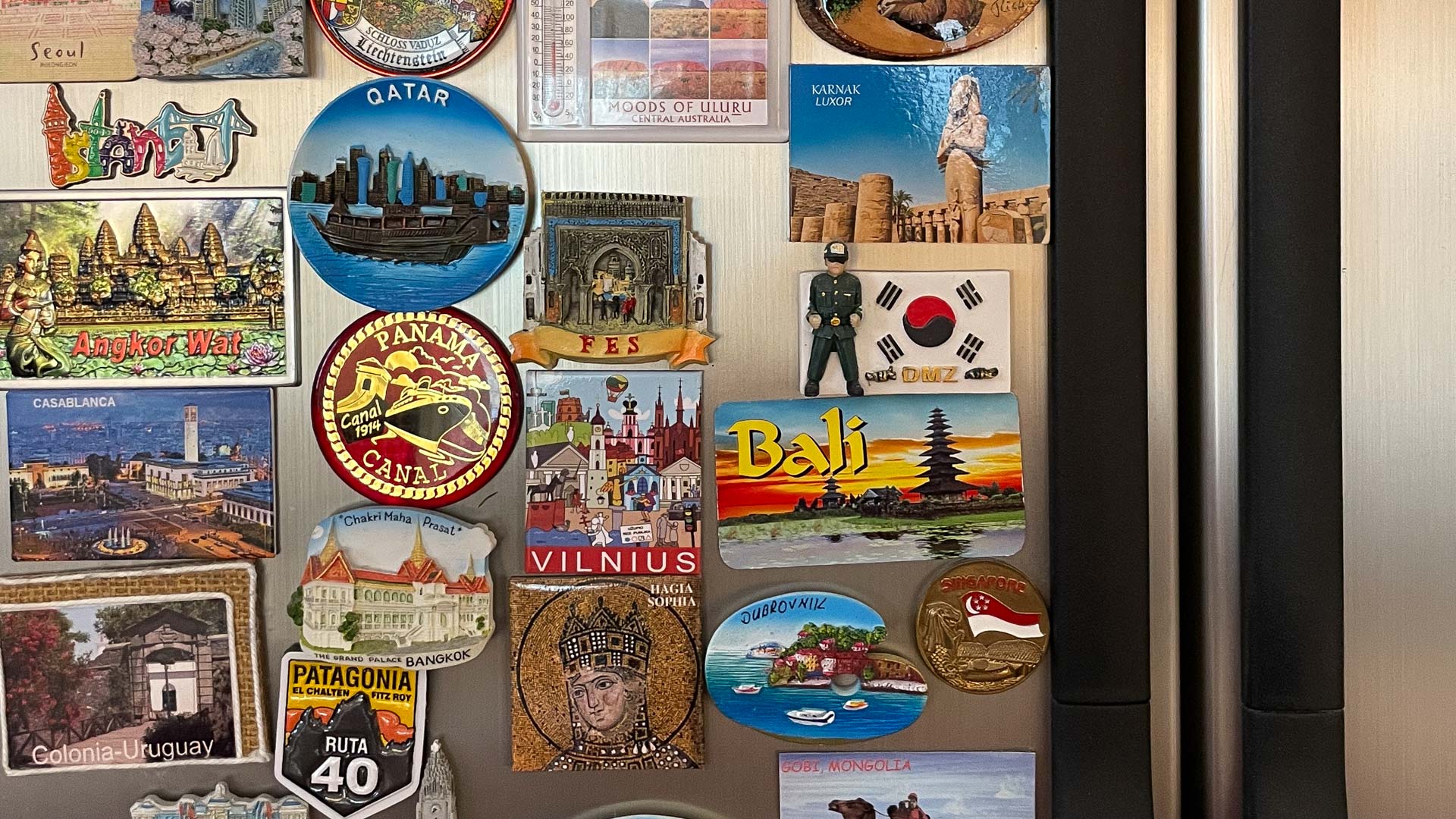
If I could speak with my younger self about my identity, I'd have suggestions and advice. I would want him to avoid some regrets and to persist in seeking help against problematic people. However, my younger self could not escape the need for transformation through experience and time.
Reexamining the Question
Getting to know people is a normal part of personal and professional life, and "Where are you from?" is typically a fine thing to ask. I've formed lasting connections with people whom I've asked that question, sometimes because of our common origins and other times because of our differences. However, the question means different things at different times, and I think it's appropriate to accept any answer that you receive. Following a person's answer by asking where they are "really" from (as people have done to me on several occasions) expresses undue skepticism for their answer or their sense of self. If you're bothered by a person's answer, consider why and whether you are owed an answer beyond the one you already received.
If someone approaches me and immediately asks where I am from, I get the impression that something about me—typically my skin color and facial features—is actually the subject of their curiosity. That's objectification, and it makes me uncomfortable. Then, I tend not to give informative answers.
If I've talked with someone for several minutes and they ask the question, I provide a more revealing answer. Again, it depends on context. I often say that I live in Pennsylvania, but I sometimes add that I grew up in Virginia. If I sense that they're looking for common ground on the basis of my skin color and facial features, I might say more about my ancestral roots in India and the USA. A person might even begin a conversation with the goal of politely working their way to the question, and that's fine if they're interested in me as a person overall and not as a puzzle.
Once I've gotten to know someone, the question "Where are you from?" gets replaced by others, like where I grew up and where my ancestors lived. Those are natural questions for friends to ask each other, and I'm glad to have those conversations.
I ask the question sometimes, too. When I speak with a person who has a very simple answer—for example, they've only ever lived in one town, and their ancestors lived there for several generations—we sometimes experience mutual envy. They wonder what it's like to identify with several different places, and I wonder what it's like to witness the history of a place while growing and changing as oneself. I also know people whose origins are more complex than mine or who face greater scrutiny.
As a professor, I went out to dinner with a group of collaborators. I made a remark related to the conversation topic that I was the only American at the table. One of my collaborators said that there were two, alluding to the fact he had lived in the USA for decades and and had American citizenship. I acknowledged he was correct.
Sometimes I also make mistakes and incorrect assumptions about where people are from or the places they feel connected to. I think it's sufficient to acknowledge the mistake, apologize if it caused a problem, and move on. Sometimes we misunderstand people, but what we gain from interacting with them should be more valuable than the answer to any one question.
Why I Wrote This
People often remark on the vulnerability that I show in my autobiographical writing, and this article is the most personal one I've written. To the extent that I feel vulnerable, it's only a modest problem: remember I'm a middle-aged sometimes-white man with a supportive family and compassionate friends. I would feel hurt if someone tried to demean or embarrass me with what I've shared, but I've lived enough to put those kinds of responses in perspective. To an extent, sharing difficult memories also subtracts from their power.
Many people experience the same obstacles I've described, because of where they are from or because of other aspects of their identities. Some cannot tell their stories, for fear of embarrassment, ostracism, or threats to their personal safety. I am compelled to write for them, both to demonstrate they are not alone and to help others understand these obstacles. I am glad if I can contribute in those ways.
Further Reading
I recommend these books:
- Gene Luen Yang's graphic novel American Born Chinese interleaves a trio of stories to illustrate the challenges of identity formation for Chinese young adults growing up in America. I read it midway through graduate school, and it was the first book about the experiences of immigrants' children that I could relate to.
- Sinclair Lewis' novel Main Street shows the distinctiveness of the American personality by satirizing a small Midwestern town. I happened to read it while I was a visiting researcher in Australia, and the contrasts helped me understand aspects of my identity.
- Cecilia Aragon's memoir Flying Free, about her journey to become an award-winning stunt pilot, includes obstacles she faced growing up in the USA as the child of immigrant parents from Chile and the Philippines. Comparing our experiences helped me write this article.
About the Pictures
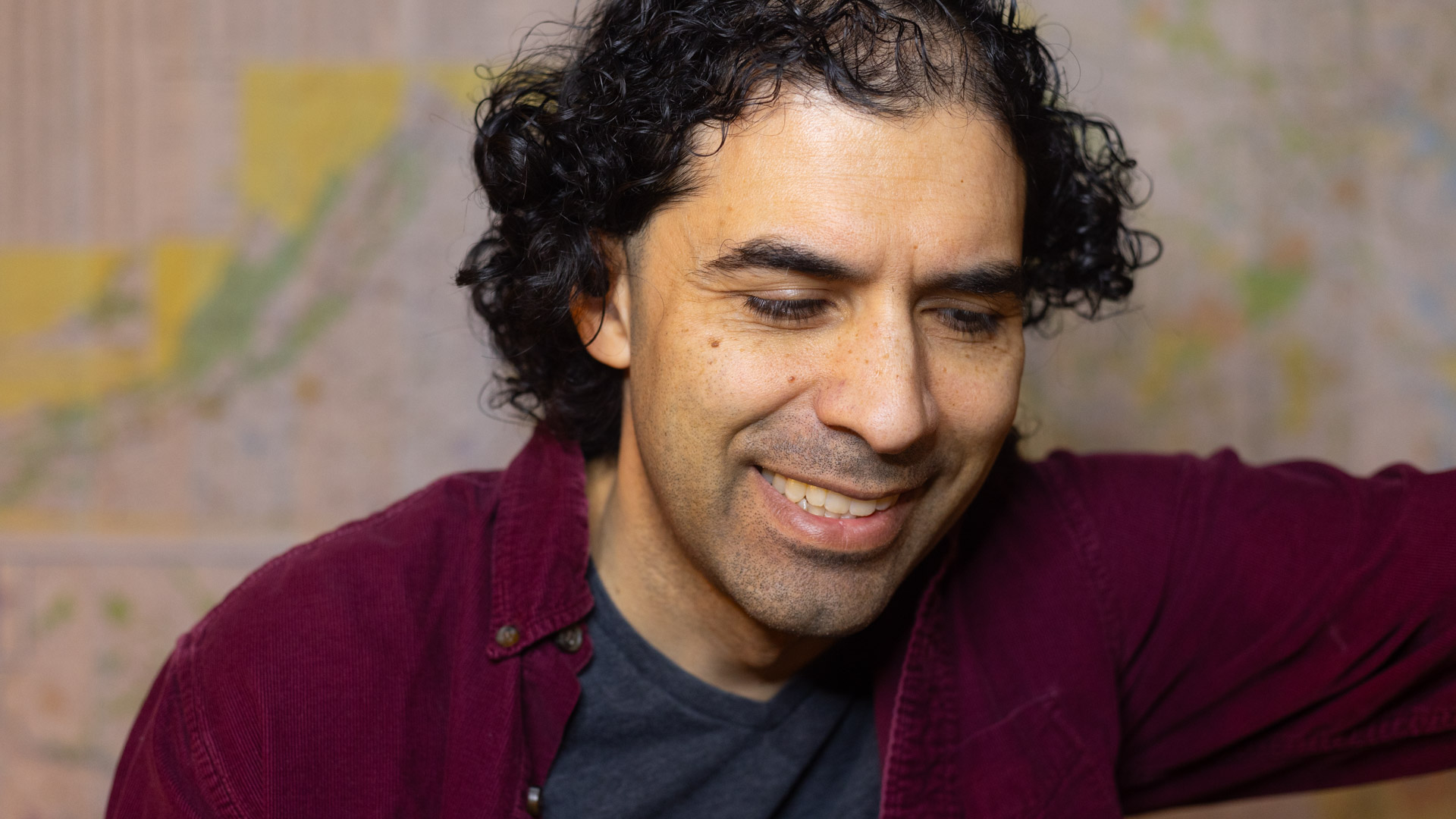
I added them to break up the text; all of them are mine. I am a photographer in my spare time.